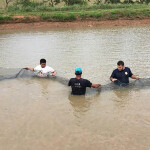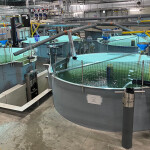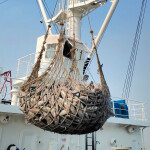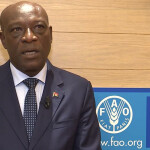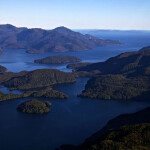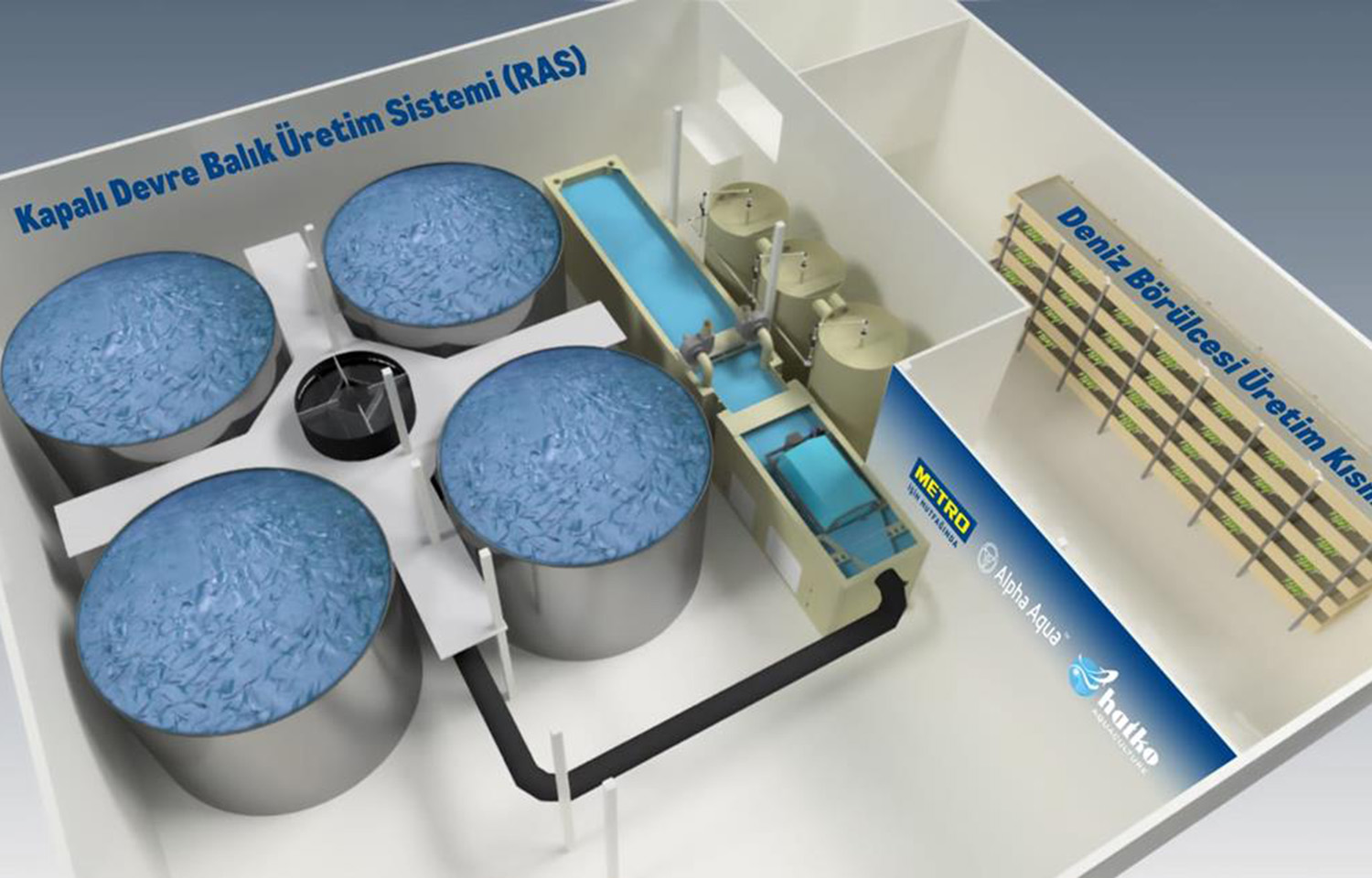Metro Türkiye is partnering with Hatko Aquaculture and Alpha Aqua to build an aquaponics facility to grow sea bass that relies on a recirculating aquaculture system.
Described as the first of its kind in Turkey’s retail sector, the pilot project in Muğla, Turkey will seek to shorten the grow-out period for sea bass from 15 months to nine months, while also growing Salicornia europeaea, also known as glasswort, sea asparagus, or picklegrass – an edible plant used in salads or as an accompaniment to fish.
"We plan to have the first fish harvest within nine months and to put our first products on the shelves through our Metro Premium brand in the first months of next year,” Metro Türkiye Cash and Carry Board Member Deniz Alkaç said in a press release. “As Metro Türkiye, we see fish as a resource that should be available for future generations rather than worrying about it primarily being a commercial product. We have kept sustainable aquaculture at the center of our purchasing policy since 2010 to protect marine fish stocks and species.”
Metro Türkiye, a subsidiary of the German retailer operating 30 grocery stores in 20 cities across the country, as well as nationwide food distribution services, did not specify the quantity of fish it expects to harvest in its initial batch of sea bass produced at the facility. It said if the system proves successful, it plans to scale up the idea to produce greater volumes.
"Not only the fish in our seas but also the fish grown in farms need to be handled with a sustainable approach. In this system, plants are grown with nutrient-rich water that comes from the fish tanks. This creates a mutually beneficial relationship between fish and plants, resulting in a closed-loop ecosystem,” Alkaç said. “In the facility built in Muğla, we use feed consisting of algae oil and reduced sea fish content in the production of sea bass. With this special feed, we contribute to healthy nutrition by producing fish richer in omega-3.”
Esbjerg, Denmark-based Alpha Aqua is providing the technology, along with Nordic, its partner in Turkey.
“RAS technology, now in a more mature state after decades of development and implementation, offers high production efficiency through high fish welfare levels, precise water quality control, automated feeding based on fish appetite, and waste management,” Alpha Aqua Chief Commercial Officer and Nordic Founding Partner Yasin Kasa said. “It outperforms traditional aquaculture methods in resource utilization and sustainability and is necessary for future sustainability and healthy protein production while preserving the environment.”
“As Hatko, we are pioneering a new production technology by establishing and operating the facility,” Hatko Executive Committee Member Metin Albukrek said. Hatko Aquaculture, a division of the larger Hatko Group, operates a fish hatchery in Ören, Turkey, and numerous Aquaculture Stewardship Council-certified sea bass farms across the country.
Additionally, aquaponic systems use just fraction of the water compared to traditional soil-based agriculture, according to Metro Türkiye, which is the only Turkish retailer to have chain of custody certification from the Aquaculture Stewardship Council and Marine Stewardship Council, as well as ISO 14001 certification.

